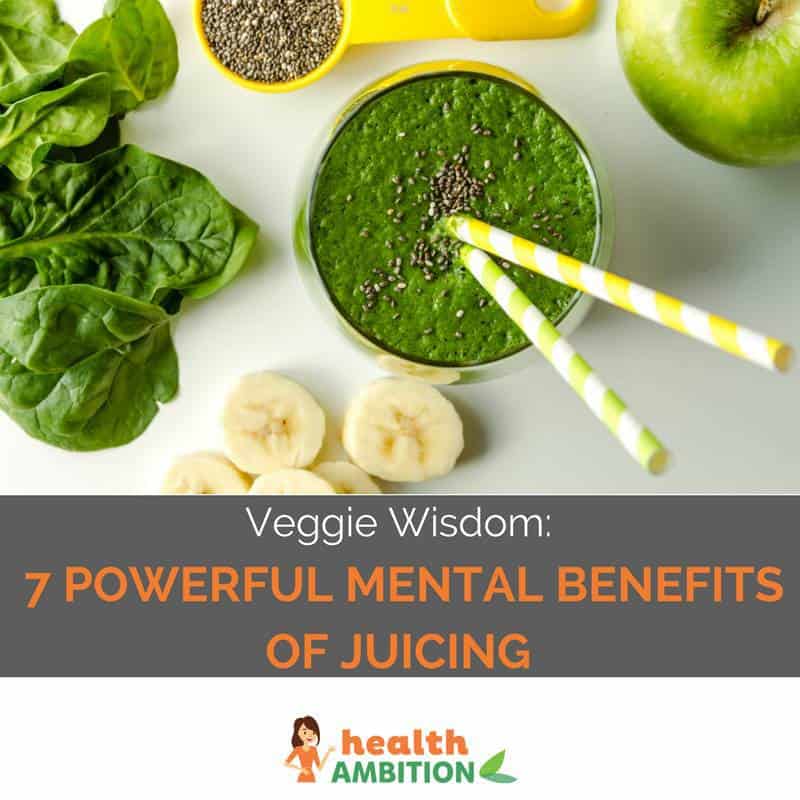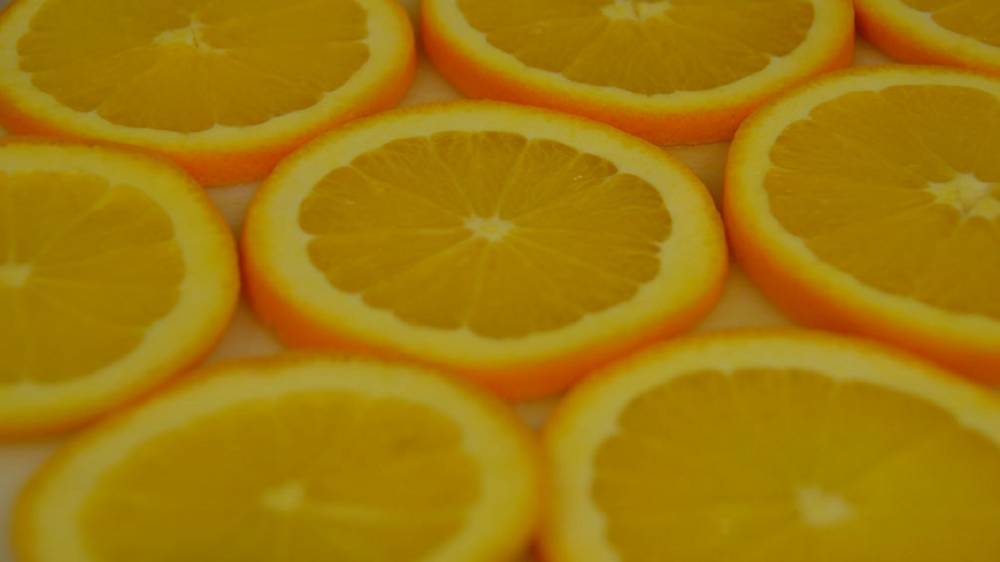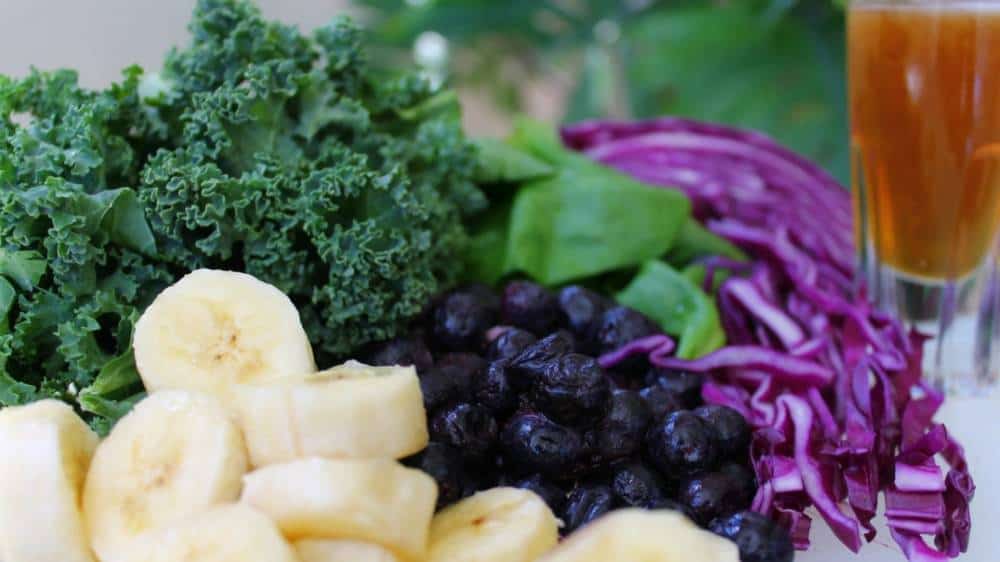
Most people think of food as fuel for their bodies. However, did you know that food affects your brain just as much as it gives you the energy to move around? You hear contradictory information about the effects of juicing. However, science has shown that it can benefit your brain in many ways.
1. Juicing Is a Ritual
Psychology Today explains that juicing your own fruits and vegetables at home is preferable to buying packaged juice. You have more control over the quality of the ingredients.
Juicing also becomes a ritual. Performing a ritual requires commitment that can help you maintain a practice. In other words, the more effort you put into juicing, the more likely you are to stick with it.
The Daily Positive describes the way daily rituals can give you a break from your hectic lifestyle. According to Make Your Perfect, a ritual can help you feel more focused and organized. Your juicing ritual can create the space that you need in the chaos of life.
2. Juicing May Boost Your Memory
Adding certain ingredients to your juice may give your memory a boost. WebMD details a study that found that older adults with memory problems who drank wild blueberry juice every day scored better on memory tests than adults who drank a placebo.
Another study found that apple juice can protect the brain from the degenerative effects of aging. As you age, the levels of the neurotransmitter acetylcholine in your brain decrease. This can lead to mental decline. Drinking 16 ounces of apple juice a day can prevent the decline of acetylcholine.
According to Juicing Hacks, adding adequate amounts of vitamin C, vitamin B12, riboflavin and folic acid to the diet can help with memory loss. Some foods that are high in these nutrients are dark leafy greens and red pepper. Before you shun bell peppers in your juice recipes, check out this video on how to juice them.
3. Juicing Can Improve Your Mood

The same researchers who looked at the effects of wild blueberry juice on cognition found that depression symptoms were also improved in people who drank the juice. Many researchers have linked suboptimal nutrition with depression.
Patrick Holford, the founder of the Institute for Optimum Nutrition, states that common nutritional imbalances are recognized for worsening mood and lowering motivation. Low levels of B vitamins can contribute to depression. Eating a diet that’s high in sugar can worsen this effect.
Sugar uses up B vitamins as it transforms into a fuel that your body can use for energy. Vitamin B, vitamin C and zinc help convert other nutrients, like tryptophan and phenylalanine, into mood-boosting neurotransmitters. According to Livestrong, juicing strawberries, cantaloupe, kale and oranges can help you get more B vitamins in your diet.
4. Vitamin C from Juice Can Bust Stress

If you’re overwhelmed, adding vitamin C to your diet can help you feel more peaceful. According to Psychology Today, vitamin C can help protect you from stress.
When you’re stressed out, your body secretes the hormone cortisol. Your blood pressure goes up. One German study found that people who took 1,000 milligrams of vitamin C experienced fewer physical effects of stress than people who did not supplement with the vitamin.
Science Daily explains that studies that associated vitamin C intake with lower stress levels utilized doses that are much higher than the recommended daily allowance, or RDA, of the vitamin. Many researchers have questioned whether the RDA of between 75 and 120 milligrams is sufficient. The Mayo Clinicrecommends limiting your vitamin C intake to 2,000 milligrams per day. However, you must exercise caution as doses this high can cause kidney stones.
The following foods add flavor to your juices and contain high levels of vitamin C per serving, according to ABC News:
- Medium orange: 70 mg
- Red bell pepper: 190 mg
- Kale: 80 mg
- Papaya: 88 mg
- Strawberries: 85 mg
- Pineapple: 80 mg
- Kiwi: 138 mg
Cooking destroys vitamin C in foods. It also becomes unstable when exposed to light. Juicing raw foods and consuming them immediately may be the most effective way to get this vitamin from food.
5. Having Juice for Breakfast Can Improve Mental Performance
You’ve probably heard that eating breakfast is good for you. Research has found that eating a morning meal can actually help your brain function better throughout the day.
One scientific review found that children who didn’t eat breakfast experienced interference with their cognition and learning. The experts at eXtension.org explain that hunger is linked to lower scores in mathematics and problems with attention, emotions and academics.
6. Flavanoids in Juice Can Increase Your Mental Fitness

According to Corpina, nootropics are chemicals that can improve your brain, enhancing concentration, learning, memory and motivation. You can get nootropic benefits from certain juices.
The flavonoids in some fruits and vegetables support memory, learning and brain function, according to this article in the journal Genes & Nutrition. Flavonoids are antioxidants that help protect cells against damage.
According to World’s Healthiest Foods, the following foods are high in flavonoids:
- Turnip greens
- Parsley
- Lemons
- Bananas
- Blueberries
- Strawberries
- Celery
- Apples
- Cherries
- Cranberries
- Raspberries
When juiced, these foods add flavor and brain-enhancing nutrients to your diet. Researchers have even found nootropic benefits in grape juice.
7. Flavanoids in Juice Can Increase Your Mental Fitness
Flavonoids also have neuro-protective benefits, according to scientists. These antioxidants can help promote brain cell survival and the creation of new synapses. They also protect brain cells against degeneration caused by aging or neurotoxins.
Some nutrients are even more powerful when they’re delivered via raw juice. Juicing vegetables floods your body with vitamins, minerals and enzymes that can boost your mental health. Just make sure that you eat a balanced diet that’s rich in healthy fats and protein throughout the day. Have you experienced improved brain power from juicing? Share your mind-enhancing recipes in the comments.
Leave a comment